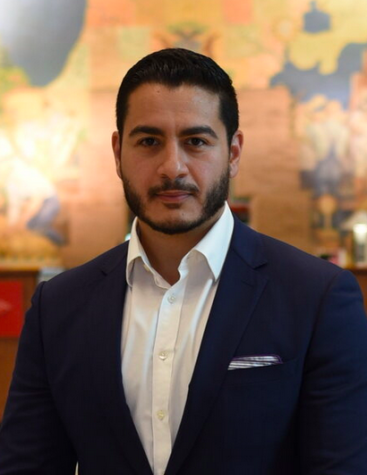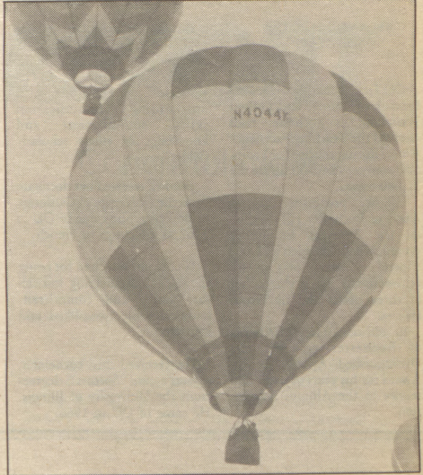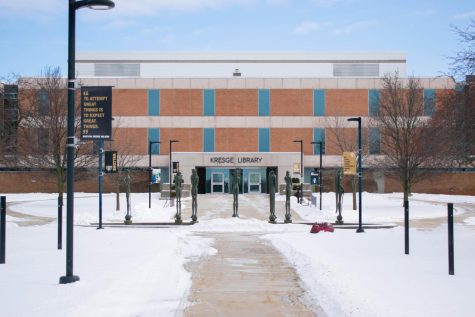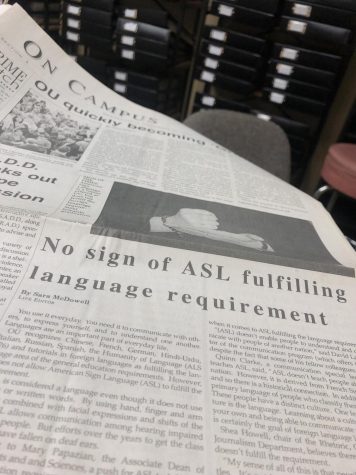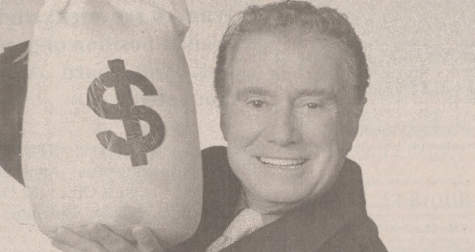Looking Back: 1995 Women’s History Month celebrated literature, film
In 1995, the monthlong celebration of Women’s History Month started off at Oakland University by welcoming Patricia Hill Collins, author of “Black Feminist Thought: Knowledge, Consciousness and the Politics of Empowerment.”
Collins spoke on issues regarding African American women, gender and social class.
Jennifer Marheine — a work-study student who specialized in Women’s Studies — found that Collins’ lecture was important.
“White, black, men, women and different age groups were there,” Marheine said. “I think it might have been more beneficial for white students because they might not be familiar with the problems [facing African American women]. Peoples’ eyes were opened.”
The next celebration featured Pam Allen-Thompson, co-author of “The Wall In My Backyard: East German Women in Transition.” Following that was a panel discussion with professors Linda Benson, Michelle Piskulich, Peter Bertocci and Jim Orzinga.
This event couldn’t have been possible without Professor Barbara Mabee, who knew Allen-Thompson previously and encouraged her to speak for Women’s History Month.
Mabee shared why she thought Allen-Thompson should be a speaker for Women’s History Month.
“Many people say that the women in East Germany were sort of victims because of economic conditions,” she said. “They lost jobs and couldn’t afford childcare, and [Allen-Thompson] lived there and studied there and can bring an interesting view to this country. It is important because we can reflect on what it means to live in a democracy, what it means to live as a free person and what the responsibility of that is.”
Over the next week, several events continued the celebration. The film festival Women and Work in Contemporary Film showed movies by women for students to enjoy. Films by Lizzie Borden, Jane Campion and Mike Nichols were featured.
Susan Faludi, author of the book “Backlash,” spoke about various topics that were in her book in Meadow Brook Theatre. Afterward, there was a reception and a book-signing.
The Main Art Theatre showed “Faster Pussycat, Kill Kill,” a film about three women who don’t like men very much, but enjoy dressing seductively.
WXOU celebrated as well. They dedicated time everyday to discuss predominant women in the community. Kate Kenney, who was associated with WXOU at the time, has had previous experience in programming announcements for Black History Month.
“We’re going to feature women in history,” Kenney said. “We hope to get one profile on a day.”
Currently, OU has not released any specific plans for Women’s History Month since 2018.
Women’s History Month, which started being celebrated on campus in 1988, consisted of a variety of panels and discussions, along with the Women and Gender Studies Film Festival.
Although there is no longer a university-sanctioned celebration month for women, they are highlighted throughout various clubs and sports within OU today. Moreover, women have a spotlight in Pride Month — held by the Gender and Sexuality Center (GSC).
During Pride Month, the 36th annual Women and Gender Studies Film Festival will take place Saturday, March 21 from 12-3 p.m. More information about Pride Month can be found on the GSC’s website.



